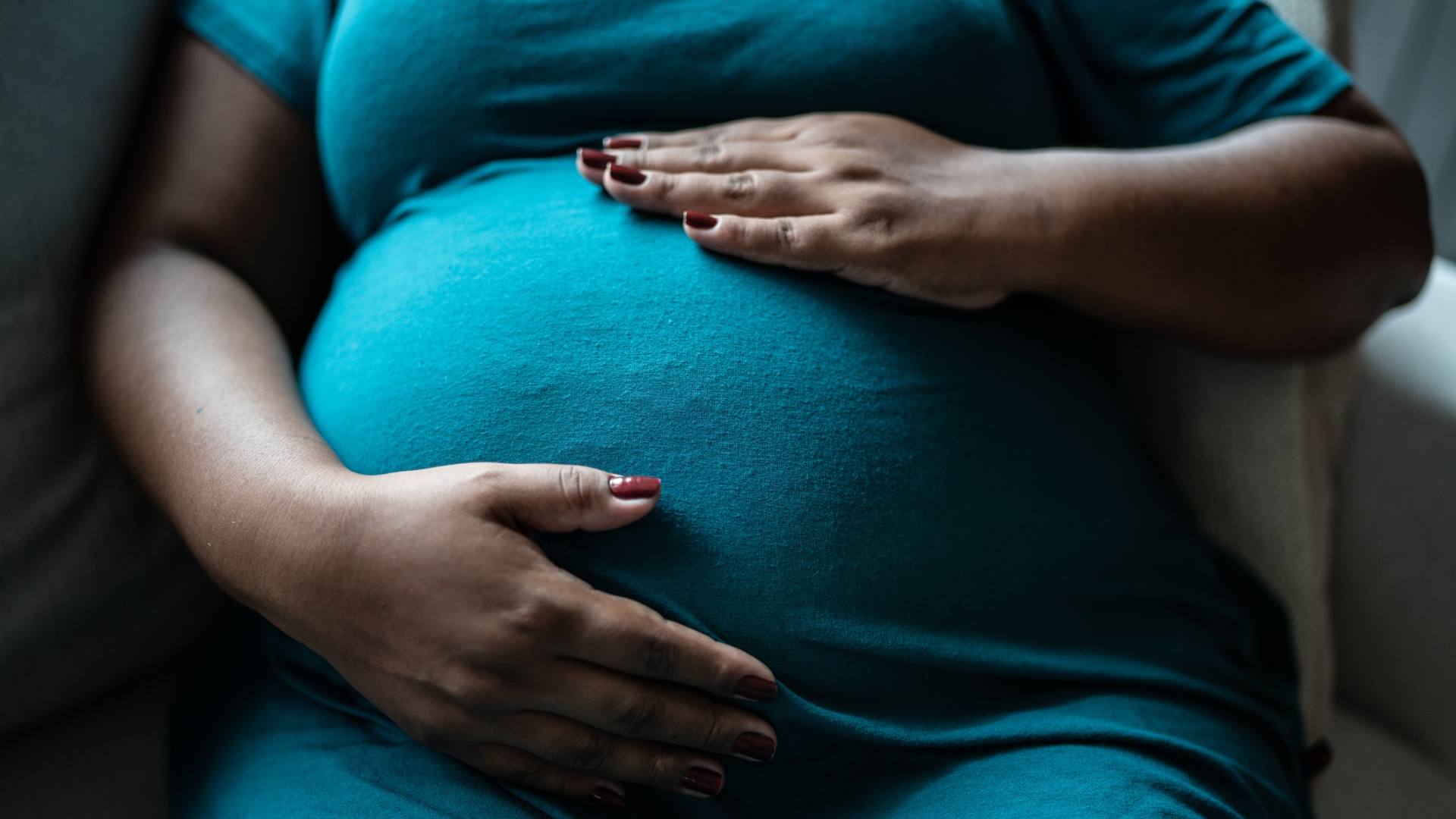
The United States is one of the few countries in the world that doesn’t mandate paid maternity leave. Although there are many reasons why some people might choose to not have more children (or have children at all), cost appears to be a significant factor. A program in Michigan is working to improve health outcomes and financial stability for families by providing $1,500 to expectant parents during pregnancy and $500 per month for up to the first year of their child’s life.
The program exists in several communities in Michigan.
Rx Kids is a prenatal and infant cash prescription program that supports moms and their families during this crucial stage. To launch the program, the Michigan State University Pediatric Public Health Initiative teamed up with Poverty Solutions at the University of Michigan with support from GiveDirectly, a nonprofit that offers cash transfers with “no strings attached.”
The program started in Flint in 2024 but has since expanded to other communities in Michigan, including Kalamazoo, Pontiac, Hazel Park, and the Eastern Upper Peninsula.
So far, the program has improved health outcomes.
Two studies of the Rx Kids program are out today—one about the moms and one about the kids. Here's what happened when $1500 was given to ALL pregnant moms in Flint and also $500/mo for a year after birth:
— Scott Santens (@scottsantens) September 15, 2025
“In every measure of financial stability, of maternal mental health and… pic.twitter.com/cRlJPigaCe
Research has indicated that Rx Kids has improved maternal mental health, given moms more economic stability, and led to healthier pregnancies overall. These findings are in line with what many moms who have benefited from the program describe. Quianna Jenkins, a mom of three, told Harvard University’s Center on the Developing Child about how the program has helped her be a better parent.
“When you’re not constantly worried about money, you can actually enjoy parenting more. I’m not as anxious or overwhelmed as I was before the program, which means I can show up more fully for my kids,” she said. Quianna also welcomed children before joining Rx Kids, but the program made it so much easier for her to enjoy time with her little one.
“With my older kids, I was always stressed about how I’d afford diapers or even gas to go to a doctor’s appointment,” she told Harvard. “The stress of not knowing if you can cover the basics weighs heavily. It’s like you’re in survival mode all the time. It’s a lot. And that stress affects everything — your mood, your patience, your energy as a parent.”
Another mom had a similar experience.
Unlike typical research pilots that end after data collection, Rx Kids was designed as a long-term public health policy that can scale and has earned bipartisan political backing.
— GiveDirectly💸 (@GiveDirectly) September 15, 2025
Now, just 18-months after launching, Rx Kids has scaled to 11 Michigan communities, both urban and… pic.twitter.com/lnQkiH7tW1
Angela Sintery told The Guardian that the program “took so much stress away” during her pregnancy and after giving birth to her daughter in May 2024. “I used that money to buy my car seat, to buy her bassinet and her crib,” she told the newspaper, adding that the money provided by the program helped her “step back and enjoy my pregnancy.”
A recently published study in the American Journal of Public Health found that “in every measure of financial stability, of maternal mental health and maternal wellbeing, the mamas that were exposed to Rx Kids had improved outcomes,” one of the researchers, pediatrician Mona Hanna, told The Guardian. According to the researcher, “Poverty is a pathogen. It makes kids sick.”
Hanna added, “As a pediatrician, I have wanted for decades to be able to prescribe away poverty.” From her perspective, the reason Rx Kids exists is because “we’re not OK with our babies being born into poverty.”




